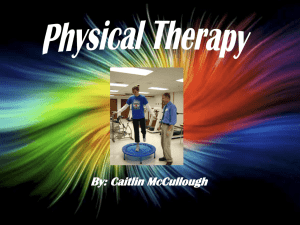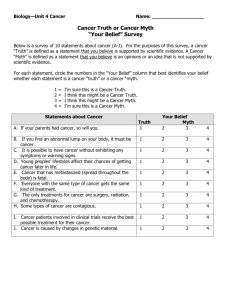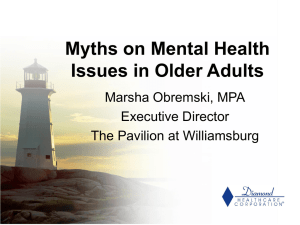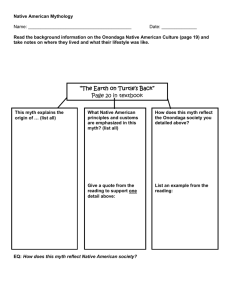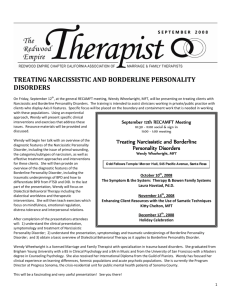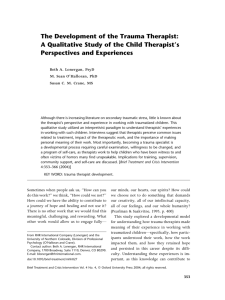Trauma Handout
advertisement
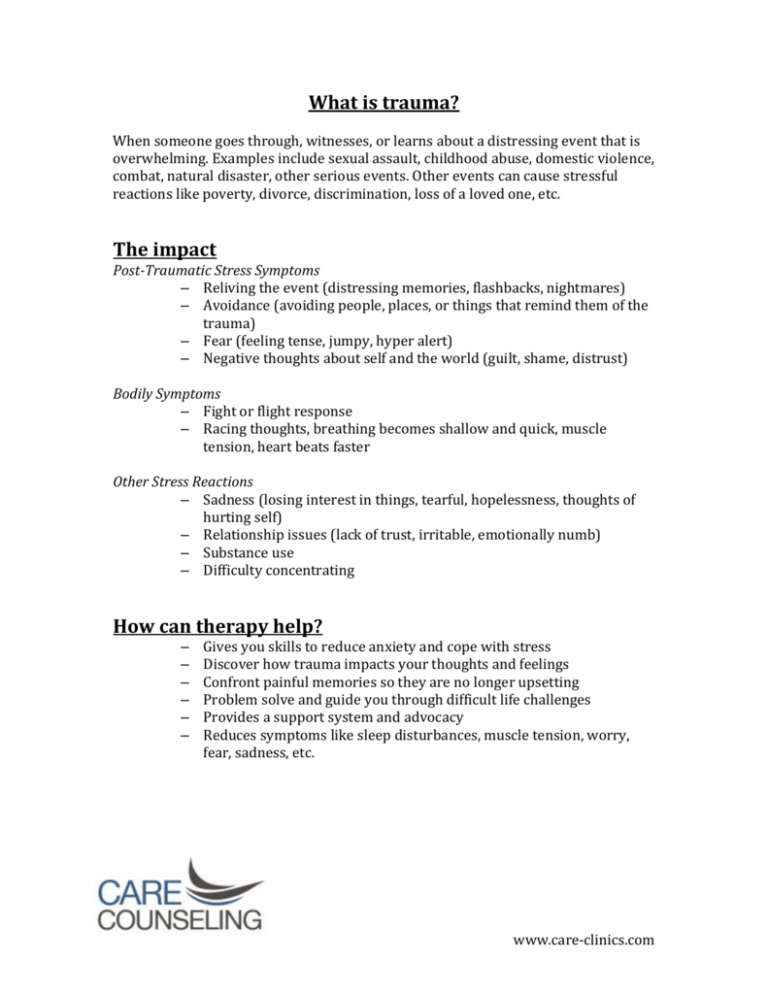
What is trauma? When someone goes through, witnesses, or learns about a distressing event that is overwhelming. Examples include sexual assault, childhood abuse, domestic violence, combat, natural disaster, other serious events. Other events can cause stressful reactions like poverty, divorce, discrimination, loss of a loved one, etc. The impact Post-Traumatic Stress Symptoms – Reliving the event (distressing memories, flashbacks, nightmares) – Avoidance (avoiding people, places, or things that remind them of the trauma) – Fear (feeling tense, jumpy, hyper alert) – Negative thoughts about self and the world (guilt, shame, distrust) Bodily Symptoms – Fight or flight response – Racing thoughts, breathing becomes shallow and quick, muscle tension, heart beats faster Other Stress Reactions – Sadness (losing interest in things, tearful, hopelessness, thoughts of hurting self) – Relationship issues (lack of trust, irritable, emotionally numb) – Substance use – Difficulty concentrating How can therapy help? – – – – – – Gives you skills to reduce anxiety and cope with stress Discover how trauma impacts your thoughts and feelings Confront painful memories so they are no longer upsetting Problem solve and guide you through difficult life challenges Provides a support system and advocacy Reduces symptoms like sleep disturbances, muscle tension, worry, fear, sadness, etc. www.care-clinics.com Posttraumatic Stress Disorder in Children Symptoms: o Flashbacks / Nightmares o Repetitive play / Reenactments o Recollections o Headaches / Stomachaches/ Dizziness o Wetting or soiling pants o Fear of certain places, things, or situations o Avoidance o Denial of the event / Can’t remember parts of the event Difficulty concentrating Easily startled Self-destructive behavior Irritability Impulsiveness Anger / Hostility Depression / Hopelessness / Overwhelming sadness o Extreme changes in behaviors / Going back to previous stages of development o o o o o o o Causes: Involved in or witness an event that has intense fear, helplessness, or horror - Someone’s life has been threatened or there was severe injury o Abuse o Serious accident o Violence o Nature disaster o Re-occurring trauma (domestic violence) Typical Stages of Symptoms: o Agitated or confused. o Denial, fear, anger o Withdrawn, unresponsive, detached, depressed o They often become emotionally numb and stop liking things they used to like What can Help: o Individual therapy Art Exposure work Play Skill building/self-soothing o Group therapy o Positive adult influences o Social support and support from family www.care-clinics.com Therapy Myths and Facts Myth: Therapy is for crazy people Reality: False. People go to therapy for a wide range of reasons. Some seek treatment for depression or anxiety, while others go for extra support during major life transitions like the loss of a loved one or getting married. Families also go to therapy to learn parenting skills and how to manage acting out behaviors in their kids. Some people need help in their relationships or coping with any number of life stressors. Myth: It’s just as effective to talk to family members or friends. Reality: False. It is extremely important to have a support system of family and friends, but therapists have become experts in treating people after years of education, specialized training, and experience. Therapy is much more than simply “talking and listening” and research shows therapy is effective. Also, therapists take a neutral stance, whereas family and friends can sometimes be judgmental. What you share in therapy remains confidential, so you can talk to a therapist about even more sensitive topics than you can with your family. Myth: You don’t need therapy, just a positive attitude! Reality: False. Often people come to therapy after months or even years of trying to solve problems on their own. Genetics, development, and life stressors can make it extremely difficult for people to get better without help. Reaching out to a therapist takes courage and is the first step toward feeling better. Myth: Therapy is just paying someone to listen to you vent. Reality: False. Therapists listen, but therapy is much more interactive and collaborative than listening alone. Therapists guide you to process your feelings, problem-solve, identify patterns of behavior, and offer skills to combat negative moods. Myth: Therapists blame all of your problems on your parents. Reality: False. While it is important to understand how your childhood experiences shaped who you are, therapy does not dwell on the past. Instead, therapy uses information about your childhood to inform your patterns of feelings and behaviors in current life stressors. Therapy uses techniques and tools for individuals to help themselves in their present and future. Myth: Therapy takes years and maybe even a lifetime. Reality: False. Everyone moves through therapy at a different pace. Some people feel better after 6-8 sessions, while others feel better after 6 months. In the first session, you can talk to your therapist about a treatment plan and how long you may need treatment. The main goal of therapy is for the individual to be able to function well on his or her own. Myth: Therapy is expensive and you need fancy health insurance. Reality: False. Medical Assistance (MA) typically covers 100% of therapy! Other insurance companies typically cover most, if not all of sessions. If you want to pay out-of-pocket, most therapists use a sliding scale fee to find a price that is affordable to you. www.care-clinics.com
